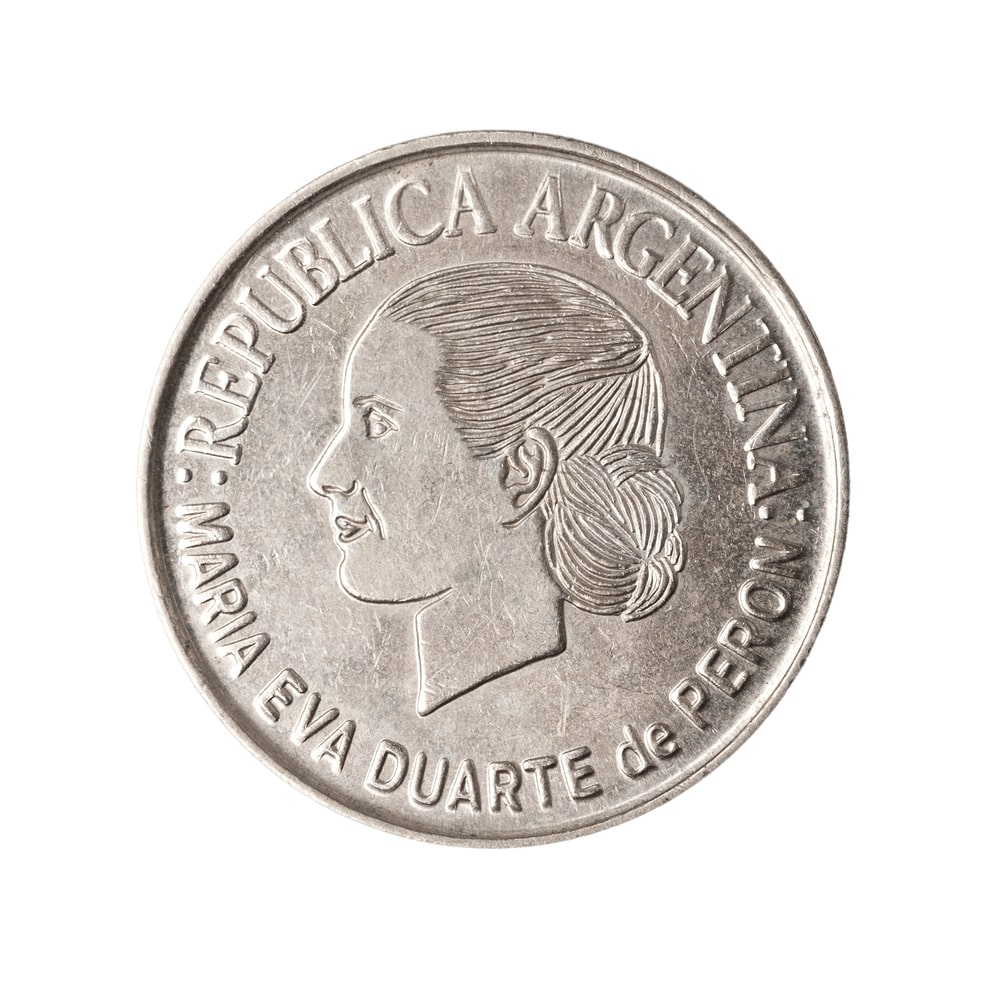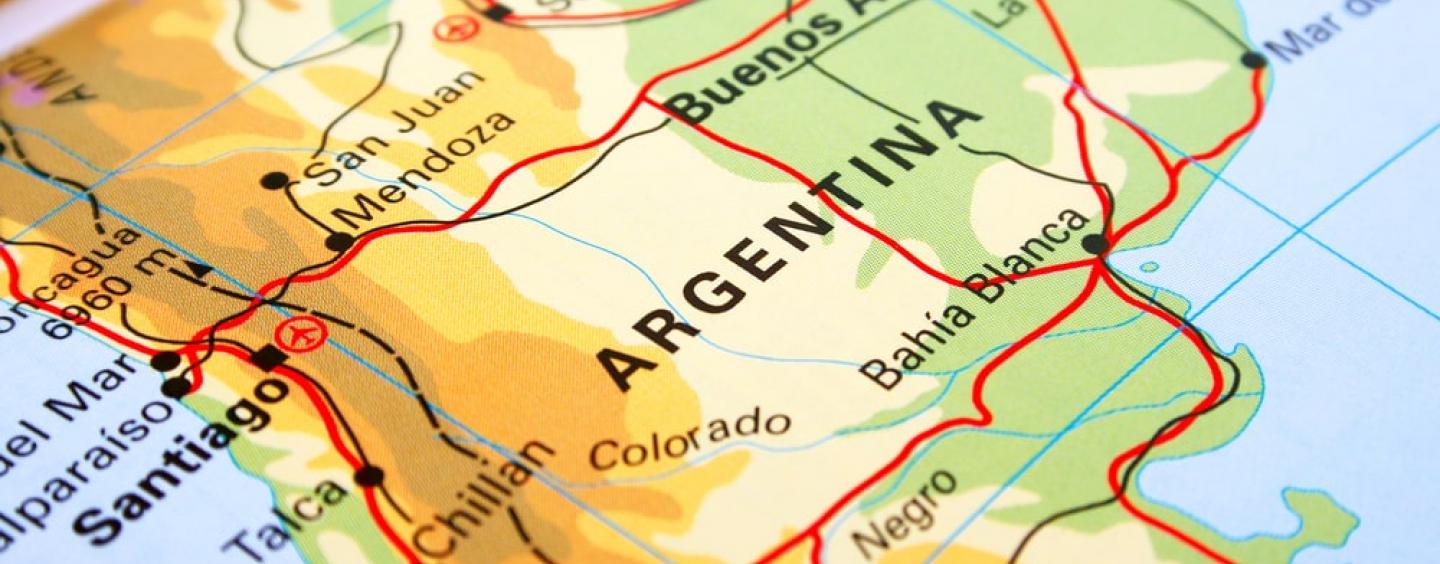Argentina is the second-largest economy in South America. Many companies, individuals, and institutions, among other entities, conduct business in the country or with people within.
This South American country is a hub of high-skilled labor and outsourcing. The cost of hiring someone from Argentina can be up to half of the regular expense of an employee of a European nation. Moreover, the country offers exclusive products at a much lower cost, like high-end meat, wine, and seeds, among other agricultural products, making Argentina a desirable partner for export and import operations.
Economic situation
However, since 2011, settling payments or having some kind of relationship with Argentina has become very difficult in economic terms: the country has imposed a series of restrictions on the free flow of capital, including exchange rate controls, high tax burdens, and other regulations with the objective of not losing foreign currency reserves.
The result of these measures is certainly not optimal for workers and companies. The crucial advantages that Argentina offers in terms of value and costs when compared to many other countries can be offset by these restrictions.
Argentina's Capital Restrictions
To exemplify the situation, consider a case in which you would have to transfer some money to the country to conduct the payment for a service or product.
The burden of conversion and tax in Argentina
Because the official exchange rate is controlled by government officials, the 'true' exchange rate is different from the official one. In particular, the official exchange rate is 50% lower. That means when you proceed to pay, the producer will receive 50% less in real terms as there is a compulsory exchange when you send funds to Argentina. If we include taxes in this equation, the producer will receive between 35%-45% of the true value of the product or service.
As a result, no one pays directly to Argentinian banks because of this reason. Neither the client nor the producer wants to bear an implicit 'tax burden' of 100% with each payment. Operating with Argentina requires both parties to find some type of workaround to settle payments.
Crypto as a solution?
According to Finder's survey on crypto adoption, one in six Argentinians holds some type of cryptocurrency. Other workarounds include virtual wallets such as Paypal. However, these methods involve paying substantial fees or higher risk for both parties, thus increasing the overall costs of transactions.
We created a separate article about the workarounds and legal ways of settling payments in Argentina.
Restrictions
However, this is not the only restriction as of this moment. Let's see a handful of them:
- SWIFT transfers are restricted: no resident nor business may exchange their Argentinian pesos for dollars and send them out of Argentina.
- Companies may not send money to their headquarters in other countries: they must wait for government approval.
- Using Credit Cards to buy imported goods & services at the official exchange rate has a 65% tax.
- Each Argentinian resident may only purchase 200 USD per month.
- The government tells which companies are able and which are not to buy dollars at the official exchange.
- Exporters are obliged to sell their dollars at the official exchange rate.
Despite these restrictions, doing business with Argentina can be very profitable. Circling back to our outsourcing example, consider that the median salary of a senior programmer in Argentina can cost as much less as 50% of the one in Europe. Finding how to circumvent the restrictions while being efficient is the way to go.

Current Practices to Trade with Argentina
Physical goods
The main problematic import and export operations with Argentina are those that require the trade of physical goods. Why? Because shipping or entering any product out of or into an Argentinian port means being subject to the set of restrictions we mentioned before.
Avoiding these restrictions can be hard or impossible if the goods arrive at the port of Buenos Aires or Rosario.
Soltuion to trade with Argentina?
What many companies do is
- trade the goods via Paraguay, a country that is part of the Mercosur bloc,
- and then reship the products into Argentina through the north of the country.
The same applies to exports. Some Argentinian companies may choose to export goods to Paraguay and declare fewer products than the ones actually shipped. The goods are then re-shipped to any country, and the transaction is settled with a virtual wallet or other systems.
Trading services with Argentina
Services are simpler. There are no goods to be transported, and online & digital channels may apply. Usually, once the service has been provided,
- the payment goes through virtual wallets such as Paypal or Skrill.
- Cryptocurrencies are another way to settle payments.
In both cases, to collect the money, producers go to places called "cuevas" where they can exchange their virtual dollars or virtual tokens for Argentinian pesos or US Dollars.
Find the real exchange rate to Aegentinian peso
By doing this, capital controls are bypassed, and producers receive the full amount in US dollars (minus fees) while foreign clients have access to lower costs. If you want to know how much a dollar is worth in Argentina, don't look it up on Google's main page. Instead, search: "blue dollar exchange rate in Argentina." Argentinians call the real exchange rate the "blue" exchange rate. It's jargon.

Summary on how to trade with Argentina internationaly
Argentina's government has imposed capital control for a long time. Changes are not expected in the short run. Argentina offers huge advantages in terms of costs and human resources. That's why knowing how to properly conduct business with Argentina is crucial to make the most out of it.
The main problem when dealing with Argentina is exchange rate controls which can affect traditional channels of payments such as regular banking transfers. Because the state levies an implicit +50% tax via exchange rate restrictions, the most efficient way to settle payments is to find workarounds.
Problems with virtual wallets
Regular methods involve virtual wallets and cryptocurrencies. However, these methods can be problematic. Fees and commissions are involved. Risk and learning curves may also apply. However, conducting business with Argentina proves to be more than useful given the costs.
Trading goods and services with Argentinian counterparts is possible. However, you may want to consider different methods to bypass capital controls depending on each case.
Read more about Latin American market. Brazil as the biggest import-export market for Europe. How does pix payment system works.
Page content
About the author

Disclaimer
This publication is provided for general information purposes and does not constitute legal, tax, or other professional advice from B2B Trade Payment Services AB or its affiliates, and it is not intended as a substitute for obtaining advice from a financial advisor or any other professional.
